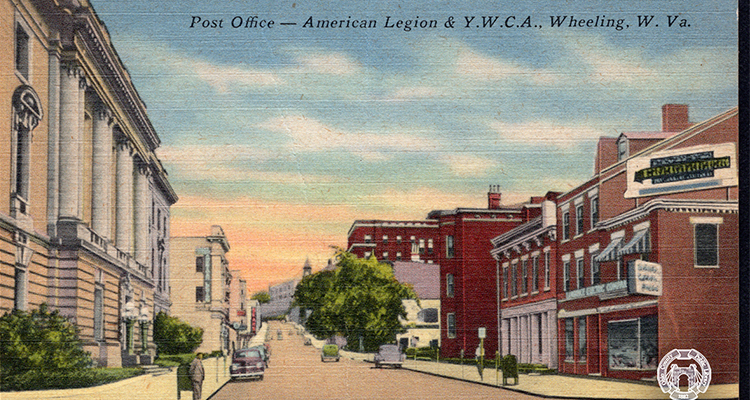Editor’s note: Learn more about Wheeling Post No. 1 of the American Legion — officially the oldest post in the U.S. — at Lunch With Books, Tuesday, May 21, at the Ohio County Public Library. The program will include a history of Post 1, artifacts, images, music and cake.
The craters in Flanders were still fresh as a group of veterans met in the office of Edmund Lee Jones in Wheeling’s German Bank Building (known today as the Laconia Building) on March 1, 1919. During that meeting, the five men — Jones, Joe Reass, George Houston, P.J. McGinley and Tom Cummings — organized the Wheeling post of the World War Veterans of America, which remains today as Wheeling Post No. 1 of the American Legion.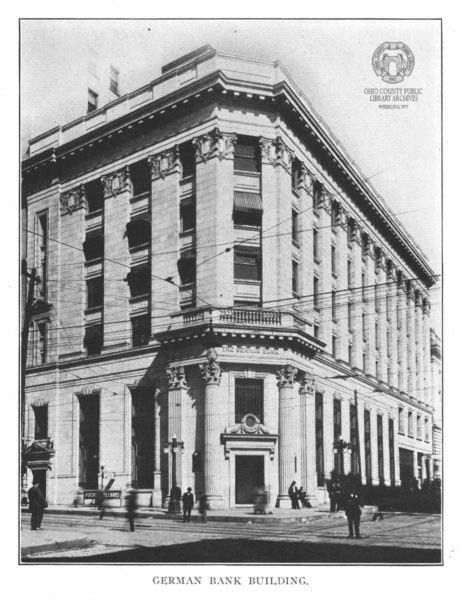
As a national organization, the American Legion would not be founded for another two weeks, holding its inaugural meeting at the Cirque de Paris from March 15-17. Initially organized as a “morale conference” to bolster the spirits of those Doughboys held in limbo by the logistical challenge of ferrying the American Expeditionary Force’s nearly two million servicemen across the Atlantic, the Paris Caucus established the name and general framework of the American Legion, resolving to hold a second meeting in St. Louis, Missouri, in May of 1919.
According to the Wheeling Post No. 1 history written by Brigadier General Craig Broadwater, the new Wheeling organization sent a delegation to the St. Louis Caucus, which occurred from May 8-10. Though the delegates were sent with instructions to obtain a charter as Post No. 1, a disgruntled member — described by Jones’ contemporary account as “peeved with the other officers” — filed the charter with the name Fort Henry Post No. 1 and excluded the original founders from the signatories. Though this was later reversed at the first West Virginia convention, with both the original Post No. 1 name and charter restored to the founders, it meant that Wheeling’s post was not to be the first chartered post to be named “Post No. 1.”
It is perhaps this initial discrepancy that has led to conflicting claims from different America Legion posts across the country as to which one is truly the first post. According to current Post Commander John Powell, however, Wheeling Post No. 1 has documented proof of their pioneering.
“We know about the March 1 meeting from a signed document by Edmund Lee Jones himself,” said Powell. “Jones’ document confirms the First Post of the American Legion claim in the history written by General Broadwater and helps explain some of the timeline as well.”

Indeed, Jones’ letter fills many of the gaps left by Broadwater’s history, particularly why Wheeling’s post was founded before the Legion itself. It also provides a first-hand glimpse of the early days of Wheeling Post No. 1, such as the response of the Legion to the devastating Ohio River Flood of 1936.
“Legionnaires acted as emergency police for a week,” Jones wrote. “They slept in Police Headquarters on the floor. Wheeling Electric Company furnished coffee and bologna sandwiches. They commandeered boats. Outside American Legion posts shipped in over 200 tons of supplies and provisions which were distributed by the American Legion through rescue quarters established at different positions within the city, the main one being at the YMCA.”
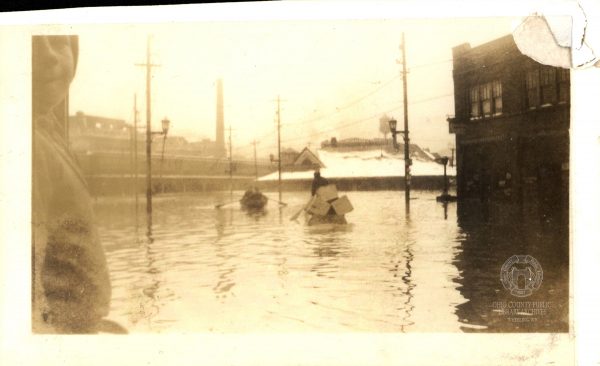
In addition to the record of the post’s founding and early history, Jones’ document also details the creation of Wheeling’s Post No. 1 Baseball Team.
An American institution in its own right, American Legion Baseball was first proposed by the Department of South Dakota in 1925, with the inaugural season and National Tournament occurring the following year. Despite Wheeling Post No. 1’s early role in the creation of the Legion itself, according to Jones’ history, it would not be until the 1930s that Post No. 1 fielded a team.
“The first team that I could find that Wheeling Post No. 1 sponsored was in 1938; that’s confirmed from the state records since we won the state championship that year,” said American Legion Athletic Club President Don Tennant. “That team was coached by Walter Ray ‘Lefty’ Hamilton, who was one of the original 21 incorporators of the athletic club. The post was already here, but I think there was always a belief by these 21 incorporators that they wanted to have a separate corporation to run the baseball operations.” (The history of Post No. 1 Baseball is a fascinating story, coming this summer to a Weelunk near you.)
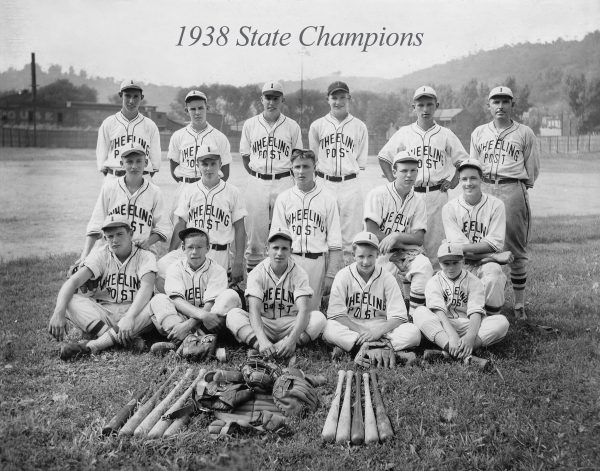
The support of American Legion Baseball, as well as other youth programs such as Mountaineer Boys State and Rhododendron Girls State, lies at the center of the Legion’s commitment to community service that has been paramount to the organization since the beginning.
According to Powell, the American Legion as a national organization was founded on four main pillars: Veterans Affairs and Rehabilitation, Americanism, National Security, and Children and Youth
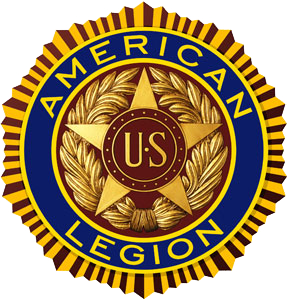
While all of these are important, the charge to take care of their fellow veterans is by far the most important responsibility of the American Legion.
Of the staggering 22 veterans who commit suicide each day, it is estimated that 19 of those 22 do not belong to any veterans’ organization. The American Legion, as well as other organizations such as the Veterans of Foreign Wars or Disabled Veterans of America, are making an effort to reach out to younger veterans especially and let them know that they are not alone.
“Veterans, especially those who are struggling, often find it easier to talk to other people who understand what they’ve been through,” said Powell.
At its core, the American Legion has a strong history of generations of veterans looking out for those who will follow through advocacy and support.
“The veterans of tomorrow need the veterans of today,” said Powell. “The World War I veterans fought for the benefits of the World War II generation, who in turn paved the way for the veterans from the Vietnam era. It was an American Legion member who drafted the GI Bill; we’ve always been at the forefront of veterans’ issues.”
“At the end of the day, it’s all about veterans helping veterans,” Powell said. “That’s what we’ve been doing for 100 years.”

• Nick Musgrave is a self-described history geek living in Wheeling, W.Va. He is a graduate of Hastings College in Hastings, Nebraska, where he earned his bachelor’s degrees in history and political science. When not writing for Weelunk or uncovering cool stories about the past, he can often be found reading in his hammock or trying to brew the perfect cup of coffee.


